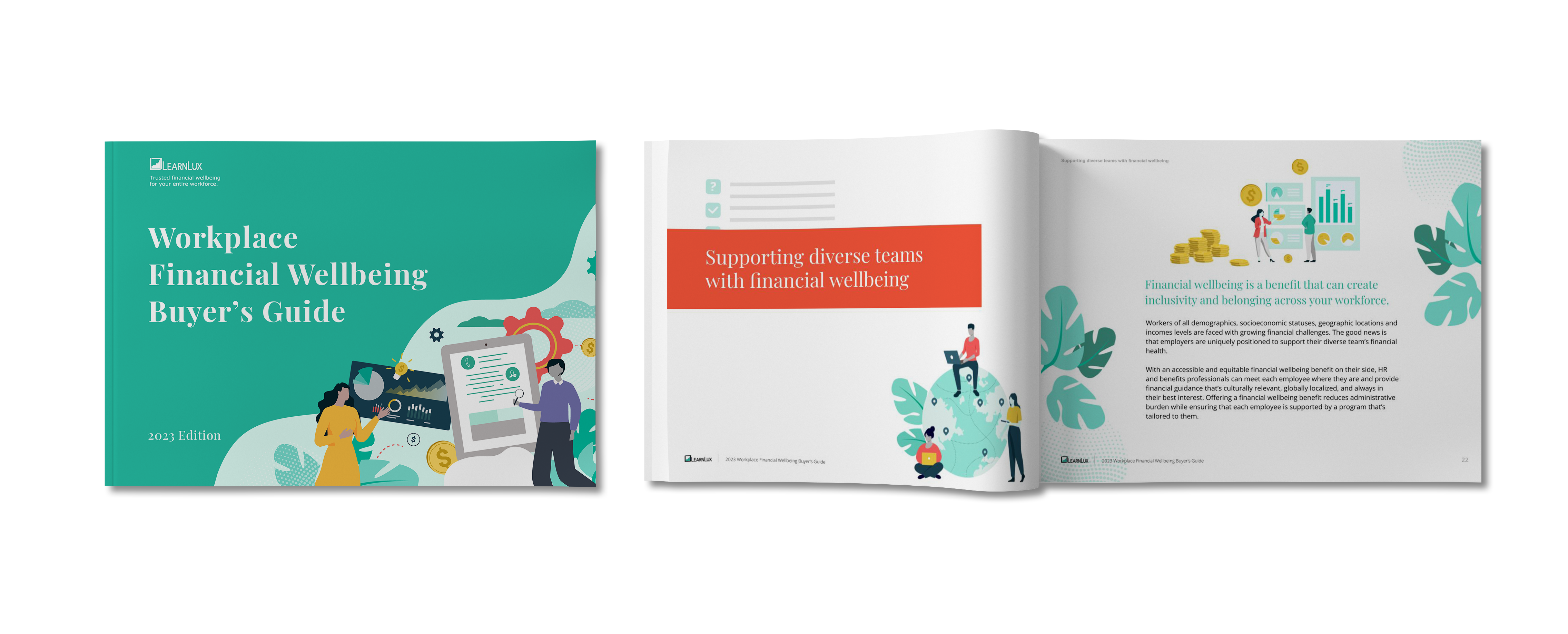Financial wellbeing has become a critical component of overall employee wellness for employees of all income and asset levels. While this applies to employees across industries, grocery store employees face unique financial challenges.
As an HR/benefits professional, understanding and addressing these challenges is essential for creating a thriving food retail workforce. Below are six reasons why grocery employees benefit from a trusted financial wellbeing program.
Hourly Wage Variability
Many grocery employees on the front lines typically earn hourly wages. These wages can vary based on location, experience, and shift timings. This variability makes it challenging for them to predict their income accurately; for example, consider a cashier who had their hours reduced during a slow season. Trusted financial wellbeing programs can guide them to prepare for income variability, help them manage their budget, and save for future expenses.
Seasonal Fluctuations
The grocery industry experiences seasonal fluctuations, resulting in uncertain job security for employees. Think of a stock clerk who may wonder how they'll make ends meet during the off-season. Financial wellbeing programs offer guidance on building emergency funds and financial resilience to weather these ups and downs.
Student Debt
Grocery employees in corporate offices may carry mountains of student debt from their schooling. Many grocery store employees on the front lines might be students working part-time to cover their education expenses. Balancing work, studies, and student loans can be overwhelming. HR departments can support employees in all parts of the organization by offering holistic financial wellbeing resources, such as 1:1 guidance from Certified Financial Planner™ professionals to manage student debt and explore repayment options.
Inflation and High Living Costs
Inflation and cost of living have become exceptionally high, making it challenging for grocery store employees at all income levels to make ends meet. By offering financial wellbeing programs, workers can get trusted support in navigating budgeting, fighting inflation and finding cost-effective living solutions.
Resource: The impacts of inflation on employee financial wellbeing
Debt Management
Many grocery workers may have accumulated debt from various sources, including credit cards and loans. Financial wellbeing programs can help each team member make a personalized payoff plan, with unique strategies for managing and reducing debt. Without the distraction of debt, grocery employees can bring their best selves to work each day to serve customers and contribute to the growth of the company.
Retirement Planning
Planning for retirement is essential for long-term financial security, but many grocery workers may not have the knowledge or resources to do so. Access to trusted guidance for hourly workers, high earners, and everyone in between can aid in retirement retirement readiness across the entire workforce.
Grocery store employees play a crucial role in ensuring that communities have access to essential goods. To support their financial wellbeing, HR and benefits professionals must recognize their unique challenges and provide tailored solutions. By implementing a trusted financial wellbeing program, organizations can empower grocery employees to achieve financial security and overall wellness and create a more motivated, loyal, and productive workforce.


